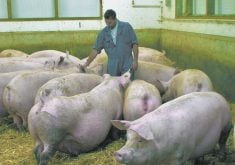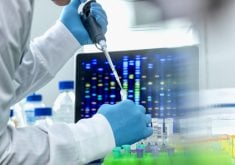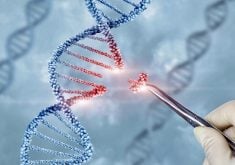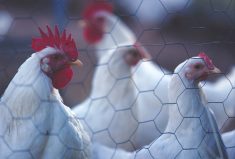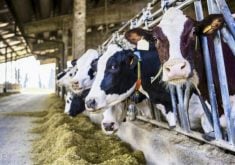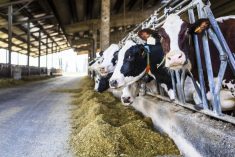André and Judith Hildbrand may view Lactanet’s Herd Performance Index (HPI) as just one tool in operating a successful dairy farm, but the results over the past two decades at their Rosenhill Farm is proof they’ve perfected the use of that tool.
Why it matters: Recognizing top performing herds rewards producers and spreads awareness about best practices.
Rosenhill, located near St-Albert, has been in the top five in the annual rankings among Russell County dairy farms every year since 2001.
Read Also
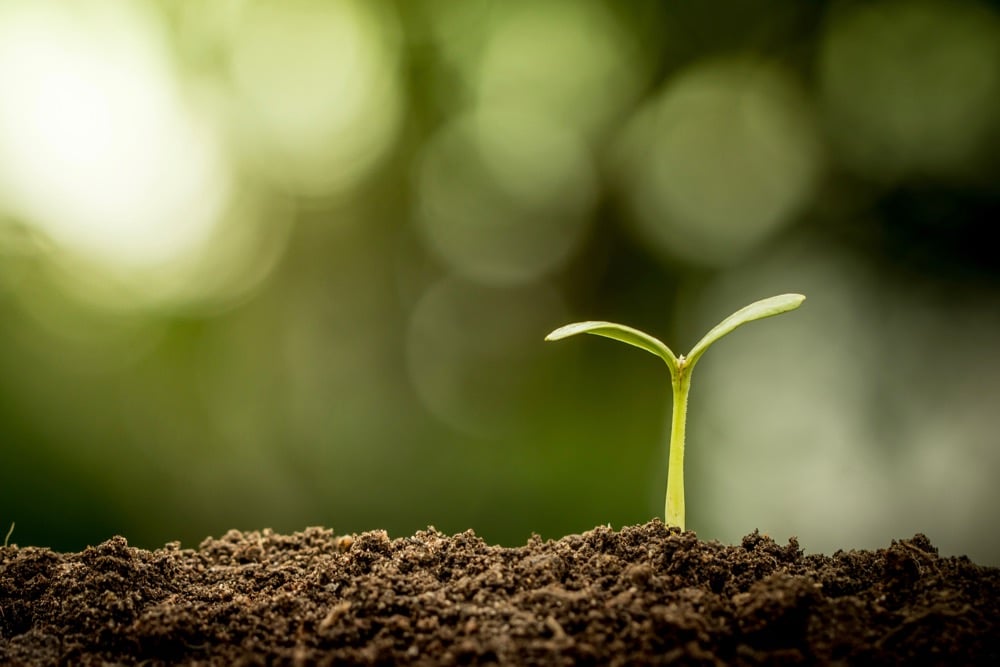
Ontario’s agri-food sector sets sights on future with Agri-Food 2050 initiative
The first-ever Agri Food 2050, a one-day industry event dedicated to envisioning the future of food and farming in Ontario,…
On Feb. 9, the Hildbrands were recognized by Lactanet — the national milk recording and dairy genetic evaluation organization — for the first time as Ontario’s Top Managed Herd.
HPI is based on six criteria: milk value, age at first calving, herd efficiency (average percentage of the herd lactating), longevity, udder health and calving interval.
“We’re not really looking to be the top one; we’re not looking for publicity,” Judith Hildbrand told Farmtario in a recent interview.
She described the family’s monitoring of the farm’s HPI scores as “just one tool” used to direct decisions. She agreed, however, that “there have to be a lot of things done right” to achieve consistently high HPI results.
Herds from Quebec, one tie-stall and one freestall, ranked one and two in Lactanet’s 2020 list. Rosenhill, at third place overall, was the top robot herd in the nation.
“We are proud to recognize the remarkable work of dairy farmers in terms of herd management,” said Lactanet chair Barbara Paquet in a news release. “It was important for us to underline their exceptional dedication, especially this year with all the challenges brought by the pandemic.”
One impressive thing about Rosenhill’s achievements is the farm’s ability to maintain top-ranking results through a 2017 transition from the tie-stall facilities the couple first established in 1997, to a 120-cow, three-robot barn.
Hildbrand said both she and her husband were raised on small farms in Switzerland, with her husband’s father only getting back into dairy cattle when André showed a real passion for Red Holsteins as a 10 year old.
As for her own upbringing, she says “I always joke that my parents were able to raise just about one child per cow” — eight children, that is, along with 10 dairy cows.
Keys in moving their herd from the tie-stall to the Lely robot system, she said, included learning as much as possible beforehand, good planning, and being in the barn frequently to observe the cows once the change was made. She also credited a good friend of André’s who helped out at the time with hoof trimming and other tasks.
“The cows adjusted really well. We didn’t lose a single cow during the transition,” she recalled.
She described André as “an exceptional cow man” who will always notice when something isn’t quite right.
Judith, meanwhile, is “the picky one. I’m the one making the lists, who has to be vaccinated, who needs preparation for calving. And I make sure all the entries are made on the computer.
“We don’t have the same talents, and I think that’s good,” she said of the husband-and-wife Rosenhill team.
The couple has four children. Their eldest daughter works as a cheesemaker in Switzerland, another daughter is veterinary technician, and a daughter and son are still in secondary school.
The herd is all Holsteins with about half carrying red-and-white genetics and Hildbrand couldn’t be happier with the new barn’s amenities. The sand bedding, fresh air and ample space are perfect for cow comfort and herd health.
“We decided to go with three robots from the beginning, even though we could have done with two at the time,” she continued, adding they didn’t want any added stress from trying to max out robot capacity. “And definitely that was the right decision.”
Hildbrand looks forward to the day Lactanet is able to incorporate robot-generated milk quality data into its recording system, thereby eliminating the need to conduct monthly sampling. She knows some producers converting to robots who discontinued monthly sampling but, for Rosenhill, access to the information provided through Lactanet is too important to do without.
Canada’s top three HPI herds on robots are all in Ontario. Number two and three, respectively, are Free Ridge Farms (Brett and Blair Freeman) of Chatsworth, and Haag Farms (Roger and Karen Haag) of Brussels. Free Ridge Farms was fourth in the overall national rankings.
Heidi Farms (the Oeggerli family) of Bainsville was number five on the national list, and also the top-managed freestall herd in the province. Combview Farms (Bob and Marion McComb) of Castleton was top-ranking among tie-stall herds in Ontario, while Jeff Yeandle of Drumbo ran the top-managed organic herd in Ontario in 2020.





